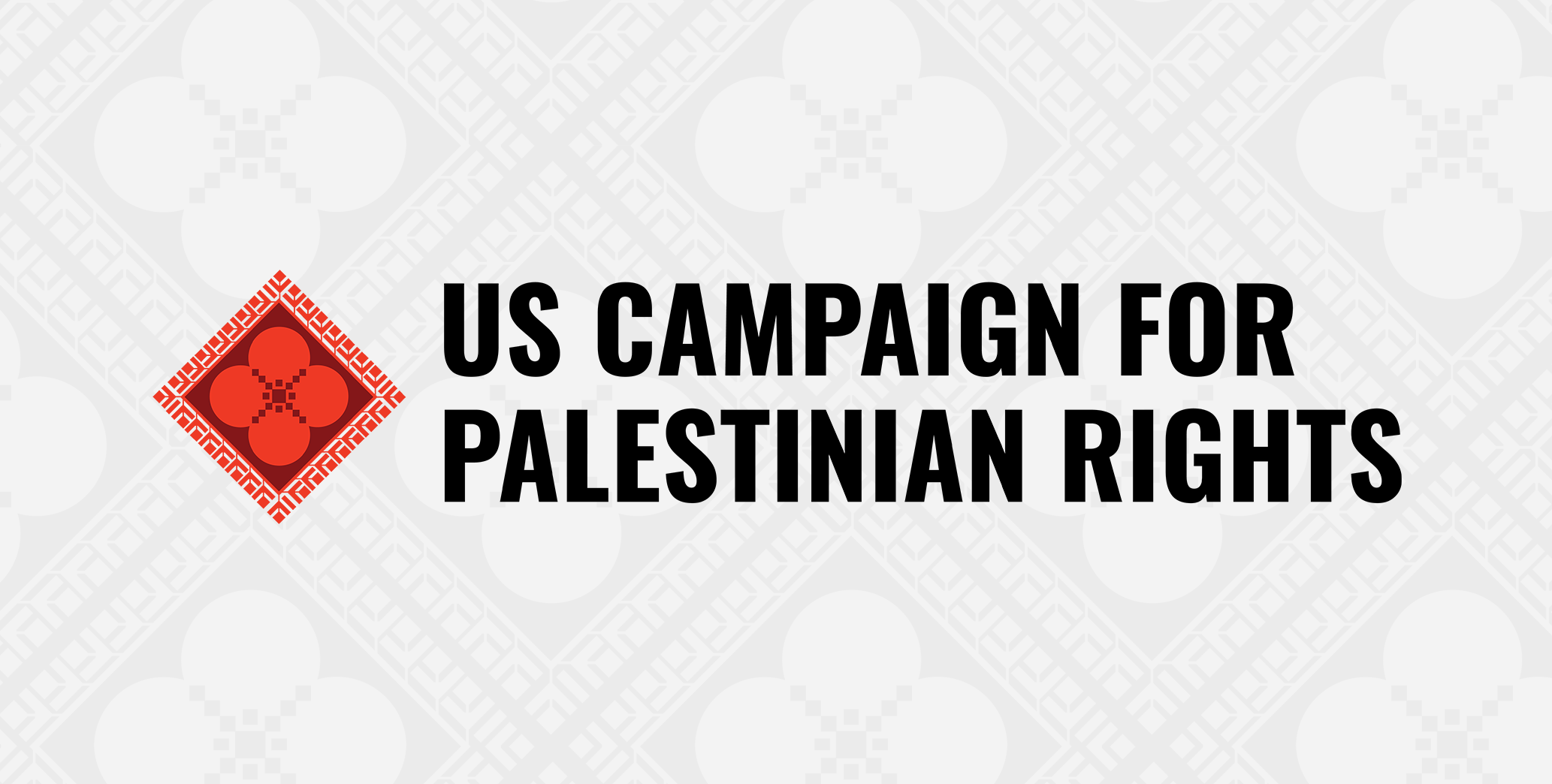USCPR Statement on Gender Justice

In recent months, courageous survivors have reminded the world that gender-based violence is endemic at every level of society here in the US and across the world. As a coalition that is part of a movement for freedom, justice, and equality, we know that our work must oppose all forms of oppression. This extends to a strong commitment to gender justice and ending gender-based violence.
The need to dismantle patriarchy in our work relates to the need to dismantle all systems of oppression, including racism, colonialism, classism, ableism, homophobia, transphobia, xenophobia, Islamophobia, and antisemitism. We reject any attempt to pit one form of oppression against any other, and understand that all forms of global oppression are interconnected and reinforce each other, and should not be fought in isolation.
We approach work for gender justice with the understanding that patriarchy is a global system of oppression that privileges men and more masculine people, building violent inequalities in power, and that must be dismantled as part of our work for dignity and liberation for all.
Patriarchy enables gender-based violence and unchallenged toxic masculinity (the designation of manhood as violent, unemotional, sexually aggressive, etc.). Progressive spaces, including the movement for Palestinian rights, are not immune to these things. Patriarchy also normalizes gender inequality in many ways that can be less visible than violence. These can manifest in myriad ways, including but not limited to:
- Unequal division of labor, with women, trans, non-binary, and gender non-conforming people doing the busy work and labor behind-the-scenes while men become the face of campaigns;
- Hierarchical structures, with men at the top working independently and women, trans, non-binary, and gender non-conforming people below working collaboratively;
- Unequal division of space, with cisgender men’s (cisgender is when a person identifies with the gender they were assigned at birth) voices and concerns dominating meetings while the voices of women, trans, non-binary, and gender non-conforming people remain unheard and/or are dismissed;
- Elevation of cisgender men’s work, with cisgender men receiving more platforms to speak and share their work than women, trans, non-binary, and gender non-conforming people;
- Daily behaviors like microaggressions in our workplaces and organizing spaces that create a hostile environment for people of marginalized identities. Microaggressions run the gamut from mansplaining (when a man explains something to someone, typically a woman, in a condescending or patronizing manner), to invalidating comments, to comments on appearance, to telling a woman that she is being too authoritative, and more;
- Harassment and abuse perpetrated by men who often hold the combination of a prominent platform, a follower base, and male entitlement, and are shielded from accountability by their power and reputations as activists.
Like all of our work to end systems of oppression, the work to examine and deconstruct this power dynamic and the abuse that it enables begins at home and with ourselves. We will begin this work by undertaking internal education, by encouraging our partners in the US-based Palestine solidarity movement to do the same, by centering the voices and stories of Palestinian women, trans, non-binary, and gender non-conforming people, and by making gender justice a feature of the 2018 US Campaign Annual Conference.
We recommit ourselves to challenging patriarchy in our organizing spaces, to ongoing internal political education, and to applying a lens of gender justice to all of our work. We commit to holding ourselves accountable in these ways so that the movement for Palestinian rights is safe, especially for those who hold multiple marginalized identities, and so that our movement works for the liberation of all people.